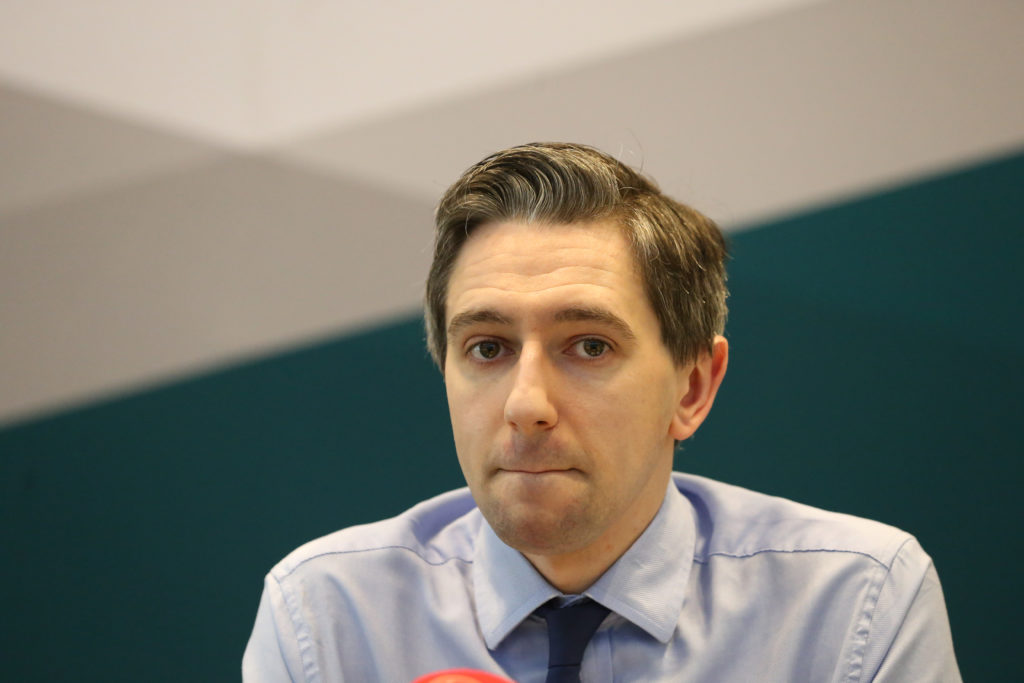Some €5.2 million in new funding will be spent as part of Science Foundation Ireland’s (SFI) Discover Program, Minister for Higher Education, Simon Harris announced today.
The money will go towards 49 STEM-focussed projects, with many relating to improving the accessibility of the field for the disabled, those of disadvantaged backgrounds, and demographics historically under-represented in the sciences. Others focus on awareness and solutions for important scientific challenges facing the world.
The overarching goal of the Discover Program is to “empower people to shape Ireland’s future through innovation”.
In a press statement, Harris said: “The COVID-19 pandemic has brought home to us just how important the science, technology, engineering and mathematics fields are.”
“It’s vital that younger people in particular feel encouraged to participate in STEM careers, and that there are no barriers to entry.”
He added that he wants to spur a “national conversation about how science can and will change the world”.
Director of Science for Society at SFI Dr Ruth Freeman added: “These projects will play a key role in supporting the public to better understand the evidence behind challenges we collectively face, and the choices we need to make in the future.”
She added that she hoped the funding would help make “the excitement and importance of STEM more accessible to a wide diversity of people.”
One project based in and supported by Trinity is Girls Coding – Coding Plus which is run by Bridge21, an educational programme that provides help to schools in Ireland teaching students to code. The Girls Coding project aims to “address imbalance by encouraging, facilitating, and providing opportunities to teenage female students to engage with Computer Science”.
Bridge21 promotes “project-based learning” with the help of technology where the teacher is “more of a facilitator or a guide than a direct instructor”. The organisation works with “a network of partner schools” to assist teachers in moving education “to the 21st century”. Their transition year programme brings students to Dublin to “gain new technology skills” and gives them “a taste of life in Trinity”.
The funding will provide means to expand the Girls Coding project beyond the existing setup in Dublin to Galway and Limerick.
Another initiative supported by the funding is the Irish Sign Language STEM Glossary Project which aims to create “an agreed lexicon in Irish Sign Language (ISL) for STEM terms”.
The DCU-led project launched in 2019 is working to fill a gap in scientific terminology for the approximately 5000 people in Ireland who use ISL as a first language and make the prospect of becoming involved with STEM-related fields more possible.
Additionally, “the absence of agreed signs for STEM vocabulary inhibits the teaching of STEM subjects at all levels of education and presents difficulties for those working in interpreting.”







